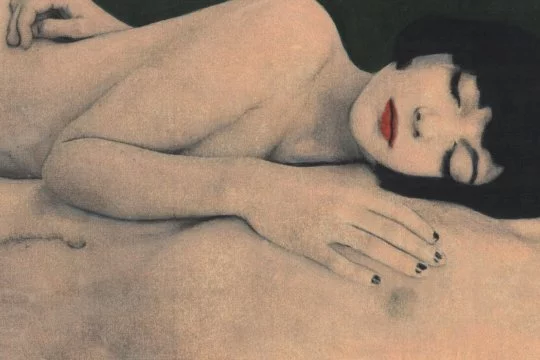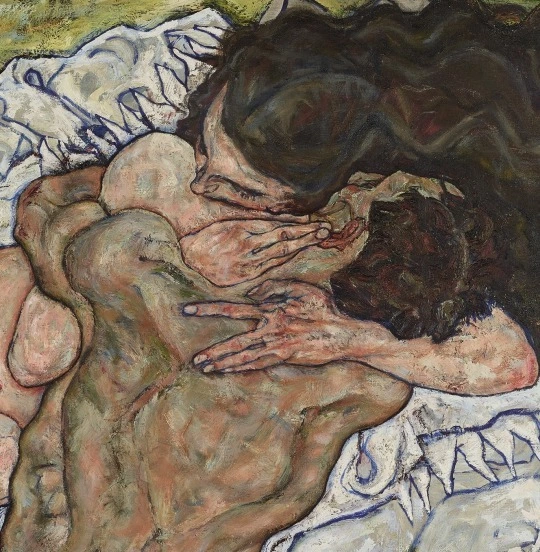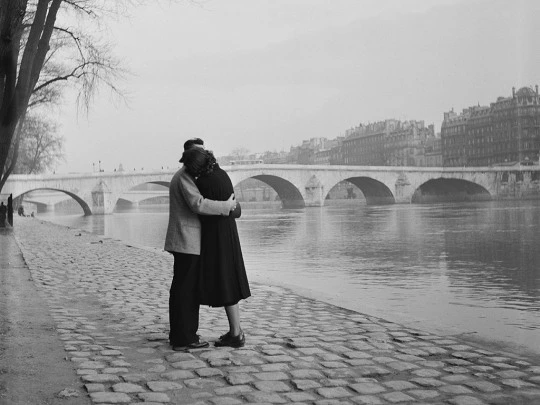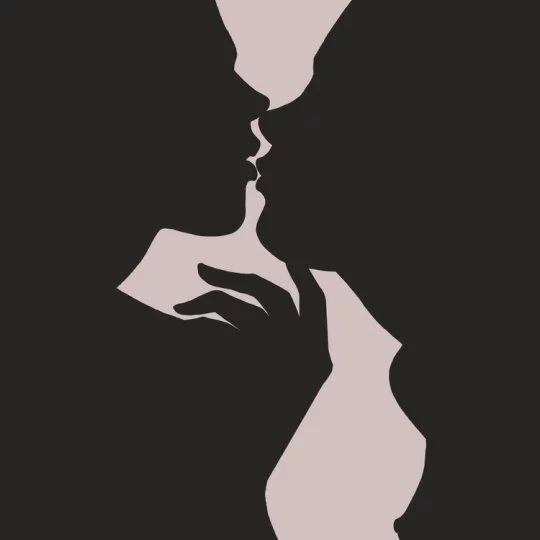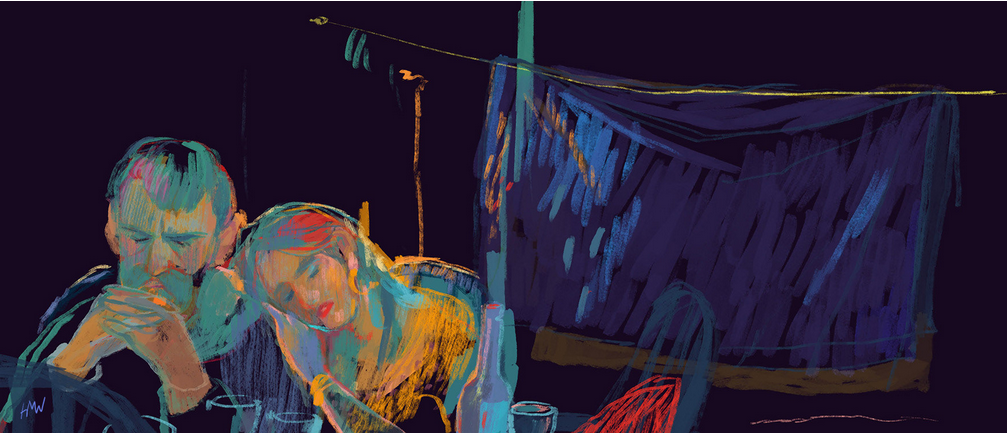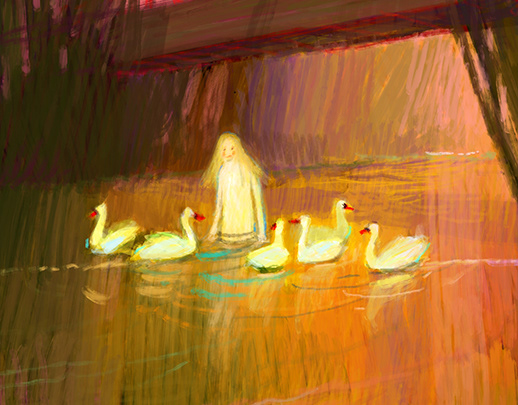#tenderness
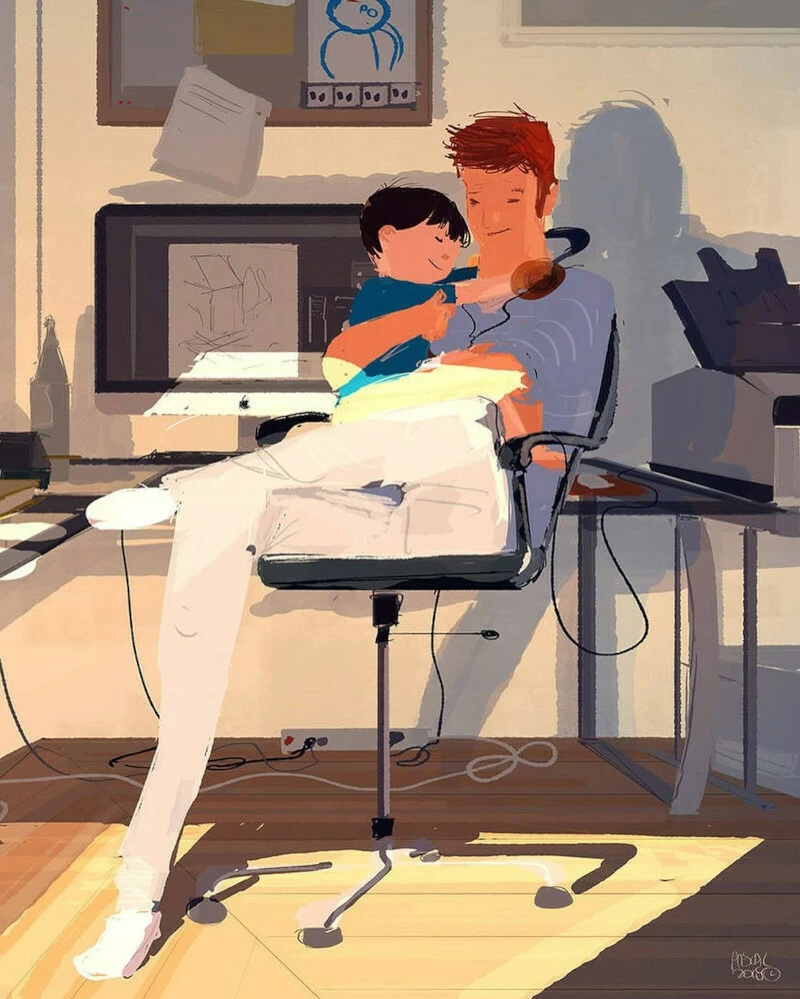
Pascal Campion - Even dads need hugs
#art #illustration #Campion #dad #papa #tendresse #tenderness #hug #câlin
https://pascalcampion.tumblr.com/post/760533434968014848/even-dads-need-hugs
Liberation for All: Bringing Tenderness to Conversations about Power and Privilege
#MikiKashtan #tenderness #freedom #liberation #nonviolence #NGL #NVC
#DuffMcKagan 2/5/1964 #Birth US musician, singer, songwriter, author and bassist...
https://www.youtube.com/watch?v=eW6YskfuKyU
#Duff-Mckagan - #Tenderness [Official #Lyric #Video]
#MikiKashtan on #Tenderness, #Vulnerability, #Mourning
"So what can I do, as an individual?"
In my classes, in conversations with friends, and on the many free calls I conduct these days, some version of this question keeps showing up. It's a way that people express how hungry they are to move past the separation, scarcity, and powerlessness that have become the soundtrack of modern living. The longing for a world that works for all is more and more present everywhere I go. It's powerful, insistent, and forward moving. In the context of more consciously taking on patriarchy as the root cause of where we are in our world -- the foundation on which more commonly named systems such as white supremacy or capitalism were erected -- I am ever more eager to find a response to the question.
patriarchyBeyond just an answer, I want to find ways to step outside of the patriarchal norms within which we have become accustomed to live and which we use to evaluate everything, including our actions to transform patriarchy itself.
On the recent Overcoming Patriarchy call, the third since I started them in May, a direction shaped itself which I now want to share with those of you reading this newsletter. Once we noticed, together, that patriarchy rests on an incessant drive to control that of which we are afraid, it became clear that one clear step forward, in any circumstance, with anyone we're with, and with full embracing of the consequences that we may not like, including risks to our very life, is to embrace the triple path of tenderness, vulnerability, and mourning.
What the three have in common is that they sidestep any attempt to control or be "strong" in ways defined by patriarchy. They are antidotes to separation, cruelty, shaming, and fighting.
Tenderness, towards self and other, allows us to metabolize our own and others' failures to live up to our values and to recognize our embeddedness within systems that dramatically constrain our options and capacity for choice.
Vulnerability breaks down the cycle of escalation that responds to harshness with erecting protection and distancing. Sharing our vulnerability in the face of distance and judgment breaks down barriers and allows the magic of connection to surface again.
Mourning is the gift that allows us to combine parts of ourselves and even to come together in community when separation, breakdown, and even harm happen. We can mourn instead of fight, punish, or shame ourselves and each other.
I am now adopting this triplet as one of my core principles for responding to difficult times, and I invite you to join me. In this context, I want to highlight the brave and unusual work of Edwin Rutsch and invite you, on his behalf, to participate in the Empathy Tent. Edwin and a small group of individuals have gone to demonstrations and zones of conflict and invited people on both sides of political divides to participate in in-person or online empathy dialogues. He's now been featured on Fox News and Breitbart, and continues to show up with empathy in response to sarcastic and actively nasty attempts to discredit what he stands for and to make fun of him.
However far he manages to get with these efforts, it's an example of bringing tenderness and vulnerability to a zone of conflict rife with posturing and put-downs. What would be your way of responding to life around you in this way? How would you approach your legislators differently, if you do that kind of activism, if you took seriously the idea of bringing tenderness, vulnerability, and mourning to your efforts?
In my recent blog post I am inviting you to consider another aspect of this path forward. In my endless quest to find ways to engage with and move beyond the separation of privilege, I offer you a way to move towards more responsibility if you are in a position of privilege. The only way I know to embrace more responsibility from a position of privilege, perhaps from any position, is to increase and increase our capacity for self-warmth and acceptance, precisely what tenderness and mourning can provide. This is how the practice of vulnerability has made me so much stronger rather than weaker, as common norms assume.
More and more of us are recognizing that the times we live in are not "normal". As someone people turn to often to seek inspiration, I take my role seriously. When I imagine more of us embracing the soft qualities of tenderness and subverting the hard-edged qualities of our times, I have much more faith in the chances of surviving these times and finding again our place within the web of life that sustains us all.
in peace and hope,
Miki
#Music on #Yellow-Solar-Star
#DuffMcKagan 2/5/1964 #Birth US musician, singer, songwriter, author and bassist...
https://www.youtube.com/watch?v=eW6YskfuKyU
#Duff-Mckagan - #Tenderness [Official Lyric Video]

Complicité mère/fille.
Photo Iphilpics.
#photo #foto #tenderness #iphilpics #noiretblanc #bw #france
